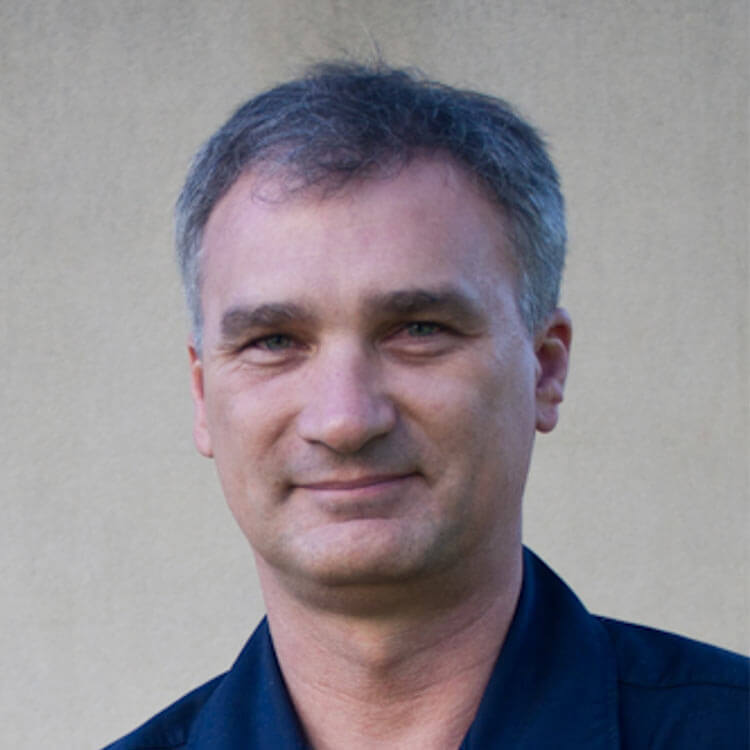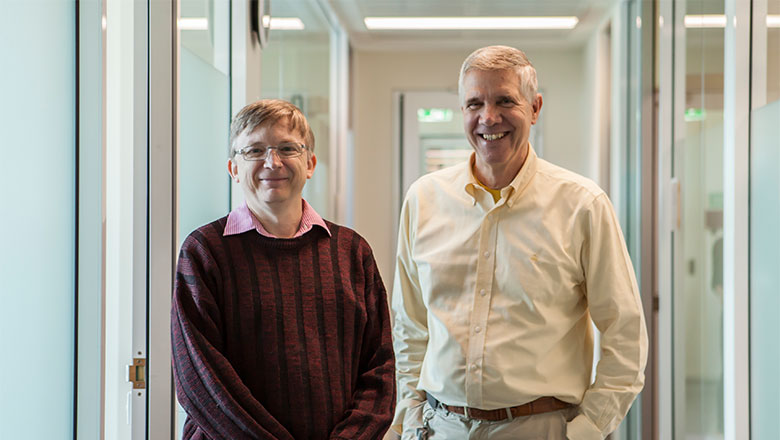Search
Showing results for "Au"
Research
Global participatory wastewater surveillance to understand mpox clade diversity in war and conflict-affected countriesWar and conflict severely disrupt public health systems, compromising infectious disease surveillance in many affected regions. Mpox, a re-emerging zoonotic disease, poses a growing global threat, especially in areas where traditional monitoring is inaccessible.The mpox virus has distinct clades with varying transmission and severity.
Research
Immune checkpoint therapy responders display early clonal expansion of tumor infiltrating lymphocytesImmune checkpoint therapy (ICT) causes durable tumour responses in a subgroup of patients, but it is not well known how T cell receptor beta (TCRβ) repertoire dynamics contribute to the therapeutic response.
Research
Impacts of body weight change on treatment outcomes in patients with multidrug-resistant tuberculosis in Northwest EthiopiaMeasuring body weight during therapy has received insufficient attention in poor resource settings like Ethiopia. We aimed to investigate the association between weight change during therapy and treatment outcomes among patients with multidrug-resistant tuberculosis in northwest Ethiopia.
Research
Signal-correction errors in the EasyOne Pro LAB multiple-breath washout device significantly impact outcomes in children and adultsMultiple-breath washout (MBW) is an established technique to assess functional residual capacity (FRC) and ventilation inhomogeneity in the lung. Indirect calculation of nitrogen concentration requires accurate measurement of gas concentrations.
Research
Pulmonary bacteriophage and cystic fibrosis airway mucus: friends or foes?For those born with cystic fibrosis (CF), hyper-concentrated mucus with a dysfunctional structure significantly impacts CF airways, providing a perfect environment for bacterial colonization and subsequent chronic infection. Early treatment with antibiotics limits the prevalence of bacterial pathogens but permanently alters the CF airway microenvironment, resulting in antibiotic resistance and other long-term consequences.
Research
Fathers’ preconception smoking and offspring DNA methylationExperimental studies suggest that exposures may impact respiratory health across generations via epigenetic changes transmitted specifically through male germ cells. Studies in humans are, however, limited. We aim to identify epigenetic marks in offspring associated with father's preconception smoking.
Research
Incidence of Stroke in the Aboriginal and Non-Aboriginal Populations of Australia: A Data Linkage StudyMost estimates of stroke incidence among Aboriginal and Torres Strait Islander (hereinafter Aboriginal) Australians are confined to single regions and include small sample sizes. We aimed to measure and compare stroke incidence in Aboriginal and non-Aboriginal residents across central and western Australia.
Research
Mental Health Literacy for Supporting Children: A Systematic Review of Teacher and Parent/Carer Knowledge and Recognition of Mental Health Problems in ChildhoodThe level of mental health literacy (MHL) in adults who work with or care for children is likely to influence the timeliness and adequacy of support that children receive for mental health problems.

News & Events
Every Friday: Child Health Research Seminars 2014Dr Howlett completed her PhD studies in 2009 at the MCRI in Melbourne, where she worked on gastric cancer cell signaling...a

News & Events
Young minds really do matterThe Young Minds Matter survey has shown mental health services should be overhauled to ensure they are tailor-made to meet the needs of a new generation.
